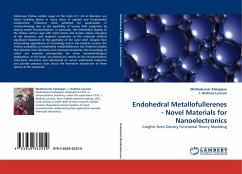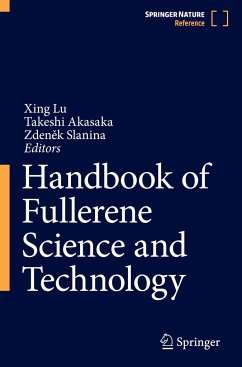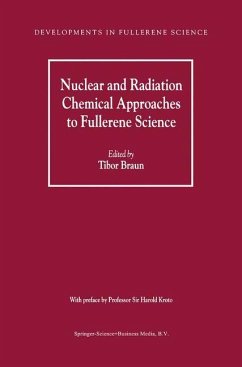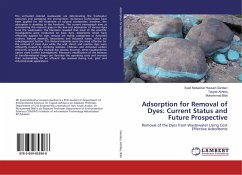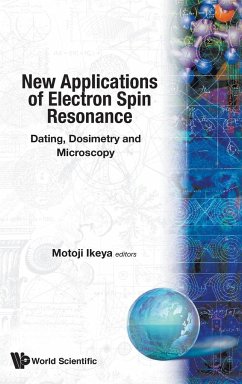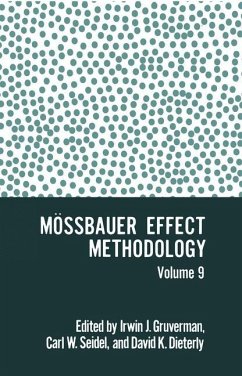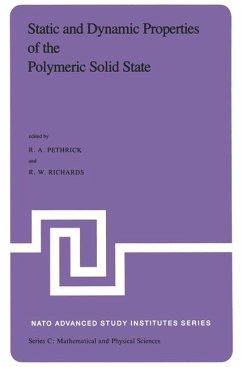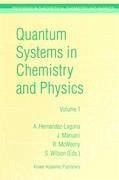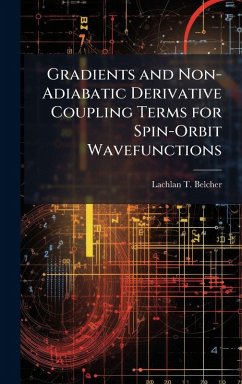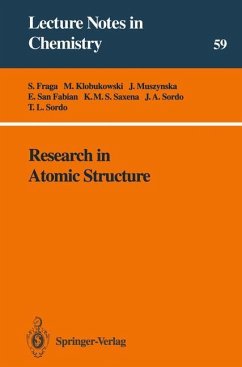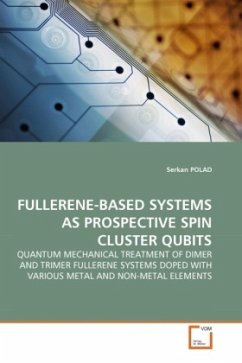
FULLERENE-BASED SYSTEMS AS PROSPECTIVE SPIN CLUSTER QUBITS
QUANTUM MECHANICAL TREATMENT OF DIMER AND TRIMER FULLERENE SYSTEMS DOPED WITH VARIOUS METAL AND NON-METAL ELEMENTS
Versandkostenfrei!
Versandfertig in 6-10 Tagen
32,99 €
inkl. MwSt.

PAYBACK Punkte
16 °P sammeln!
Starting with Richard Feynman's idea of possibility of quantum mechanical computers success of the special quantum algorithms proposed by Deutsch and Jozsa, Grover and Shor attracted the field of physical implementations of quantum computers. We already know that carbon based materials have attracted huge interest in chemistry, physics, material science and biology after the discovery of C60 fullerene, carbon nanotube and endohedral fullerene. Endohedrally doped fullerene chains can be a promising candidates in spin based quantum computer proposals because carbon based materials believed to ha...
Starting with Richard Feynman's idea of possibility of quantum mechanical computers success of the special quantum algorithms proposed by Deutsch and Jozsa, Grover and Shor attracted the field of physical implementations of quantum computers. We already know that carbon based materials have attracted huge interest in chemistry, physics, material science and biology after the discovery of C60 fullerene, carbon nanotube and endohedral fullerene. Endohedrally doped fullerene chains can be a promising candidates in spin based quantum computer proposals because carbon based materials believed to have long spin coherence times due to low spin orbit coupling and provide isolated electronic properties allowing well defined spin-qubits. Nuclear or electron spins of metal and non-metal atoms inside the fullerenes serve as spin-qubits in these systems. The book contains the first principle electronic structure calculations of Li,Na,N and P doped carbon dimer and trimer fullerenes in order to investigate their spin qubit properties in the field of fullerene based quantum computer proposals.



